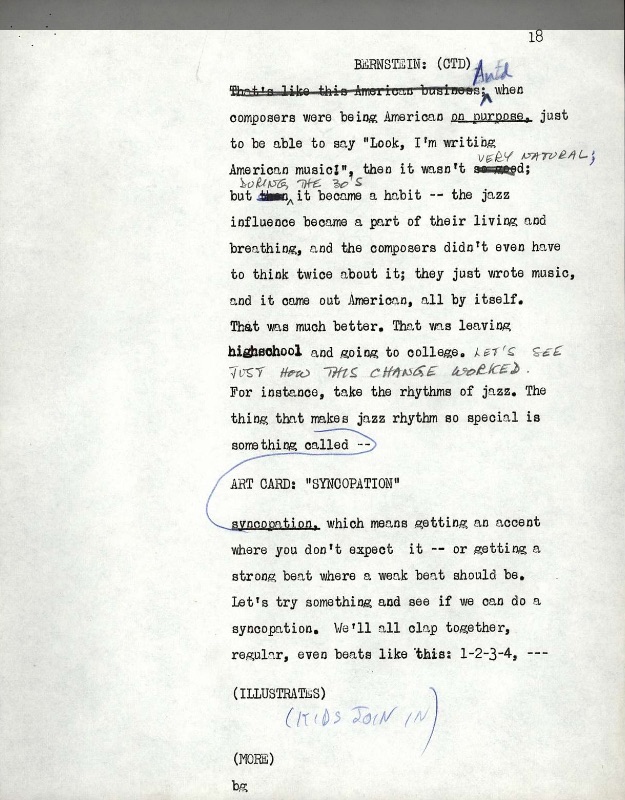Do you need a developmental editor?

What is a developmental editor? And why would you need one?
What a developmental editor does
The job of a developmental editor is to help you make your book better.
Lots of people are confused about editors, because “editor” is one of those words that covers a huge amount of ground. At a publication, an editor is generally a supervisory position (for example, City Editor or Managing Editor). At book publishers, acquisitions editors determine which books to publish. The film industry has editors that assemble video content. And copy editors review text to ensure it is grammatically correct and consistent.
Developmental editors are none of these. They are more like coaches. They look at what you wrote — or are planning to write — and determine what needs improvement. That could be anything from ideas to storytelling to organization to sentences and words.
Don’t think of a developmental editor as a person who corrects the text. Think of them as a person who stands in the for the reader, identifies what is not working well, and suggests solutions — a partner in the development of your book.
Why would you need a developmental editor?
If you tend to write perfect prose that’s exactly suited to the needs of the writer, then you don’t need a developmental editor. (If you think that’s you, good luck, but you’re probably fooling yourself.)
If you’re already working with a publisher, you have an editor there as your main contact. Decades ago, that editor would work closely with you to help you develop the manuscript. But editors in publishing rarely have the time for such detailed help these days. They expect you to deliver a publishable manuscript, and that is basically all on you. Ask your editor if they’ll spend time coaching you on the manuscript or if you should get an outside editor; they’ll often encourage you to hire a developmental editor on your own.
If you’re working with a hybrid publisher, the package often includes something called “developmental editing.” But the level of effort those editors put in is highly variable. At Wonderwell, for example, coaching is a big part of the package, while at other hybrids you may find that developmental editing consists of reading what you’ve got and spending an hour or two on a few suggestions. So even if you have a hybrid publisher, you may be better off with a developmental editor that works directly for you.
Here are the kinds of questions your (nonfiction) developmental editor can help with:
- Is my basic idea clear and sound?
- Have a differentiated my book from others in the field?
- Do I have the right title and subtitle?
- Does the table of contents make sense?
- Am I telling the appropriate kinds of stories in the chapters?
- Are my chapters structured in a way that’s easy to follow and draws the reader in?
- Am I being consistent?
- Are my paragraphs and sentences organized well?
- Is my tone appropriate for a book of this type?
- Am I using graphics appropriately?
- How can I motivate myself to get started, or to keep going?
This is not a complete list. If it’s a problem associated with getting the manuscript to be done and to be excellent, the developmental editor can help with it.
Finding and paying for an editor
As the publishing industry has shrunk, a lot of former book editors are now doing this kind of work freelance, so you’ll have plenty of choices. Try to find an editor who is familiar with your topics (for example, I work mostly on business books about technology, marketing, and trends).
Your best source for referrals is another author in your field. If you’re writing a business book, others who’ve written similar books may have recommendations for editors; those editors will be very different from editors that specialize in historical books, memoirs, or how-to books.
How much will it cost? For a 50,000 word manuscript, expect to pay between $5,000 and $20,000, depending on the skill level of the editor and what kind of shape the manuscript is in. You’ll typically pay a significant portion of that up-front, another chunk when the work is partly done, and the final payment when the edits are complete.
And remember, a developmental editor is not a copy editor. While the developmental editor may catch a lot of the grammatical errors, their job is not to catch all of them. Luckily, copy editing is typically part of the package that the publisher provides as an additional check on the correctness of the manuscript.
What’s your weakness?
You know your writing has flaws. Maybe you’re repetitive. Maybe you need help telling stories well. Your sentences might run on and on, or maybe, like one author I worked with, you’ve used the word “leverage” in every other sentence.
Often we can’t see our own weaknesses. That’s where the developmental editor can help. It’s a lot better to hire one than to find out what those weaknesses are after your book is in print.